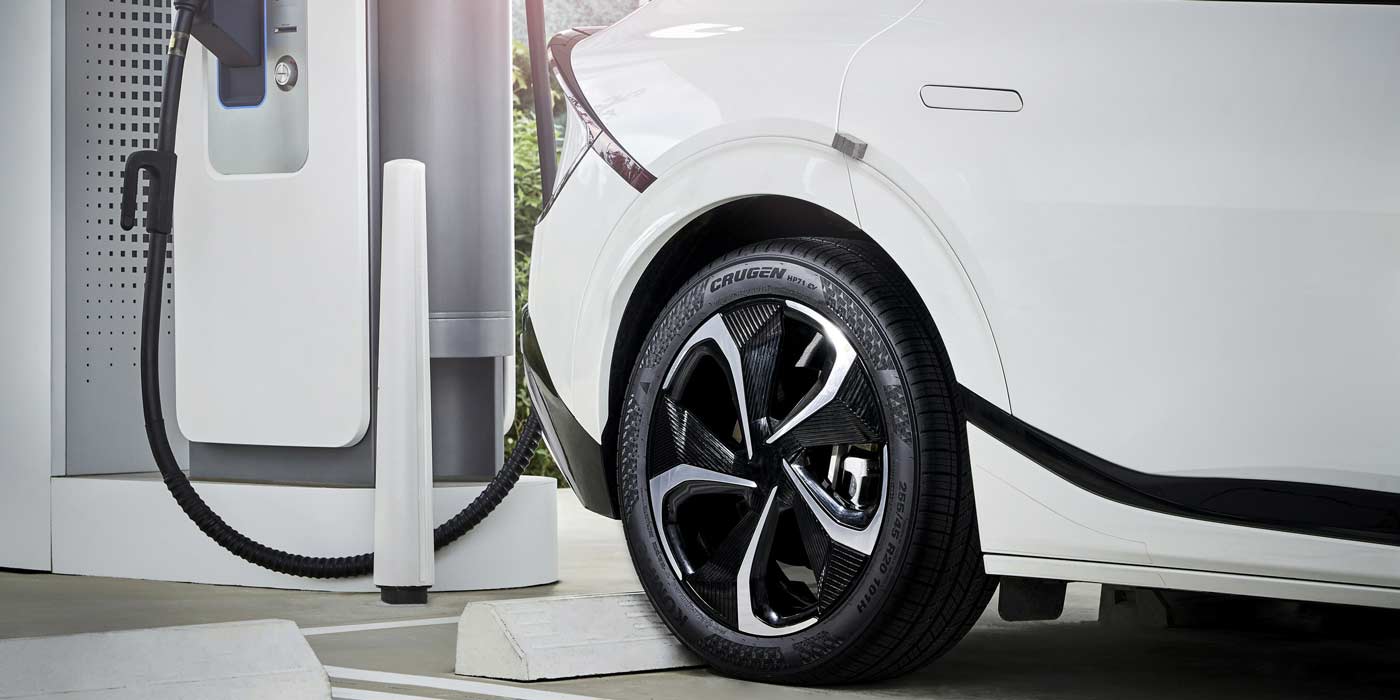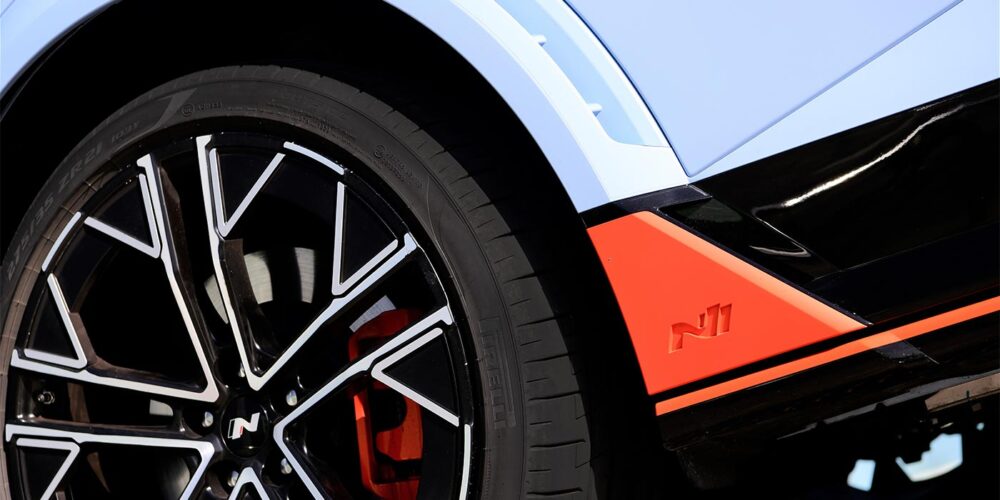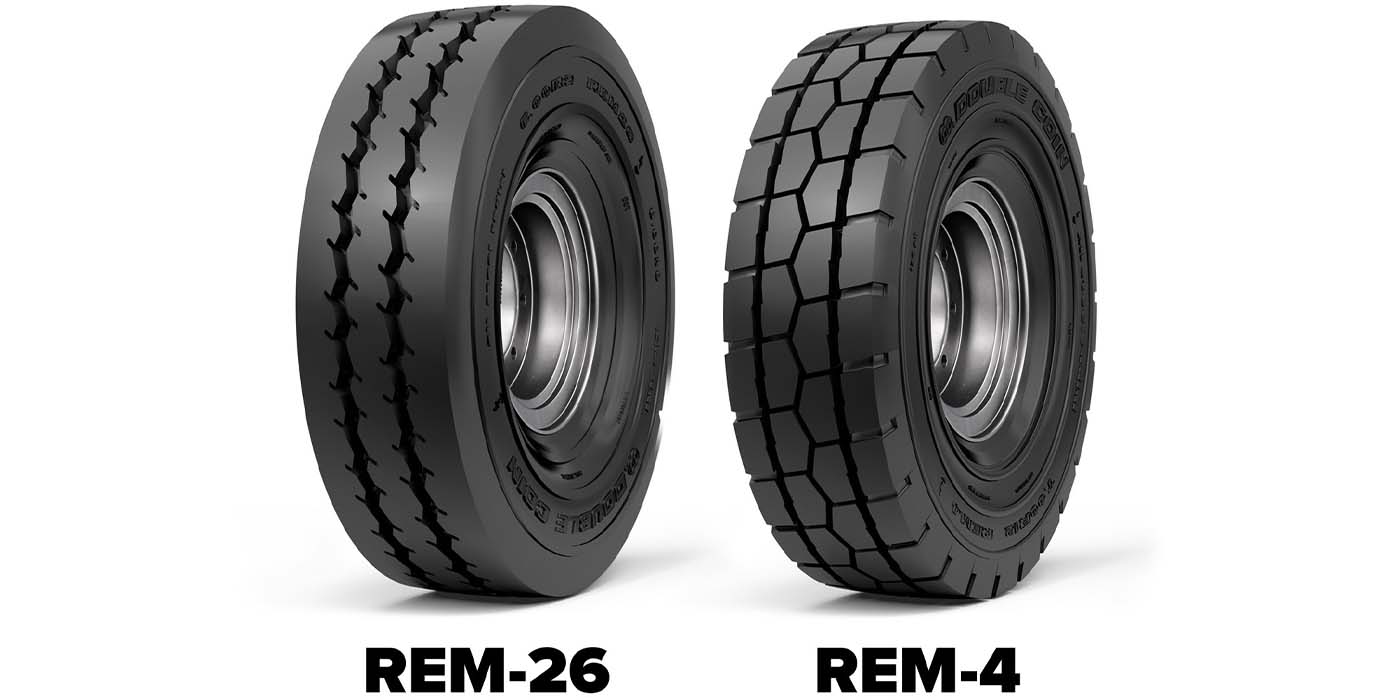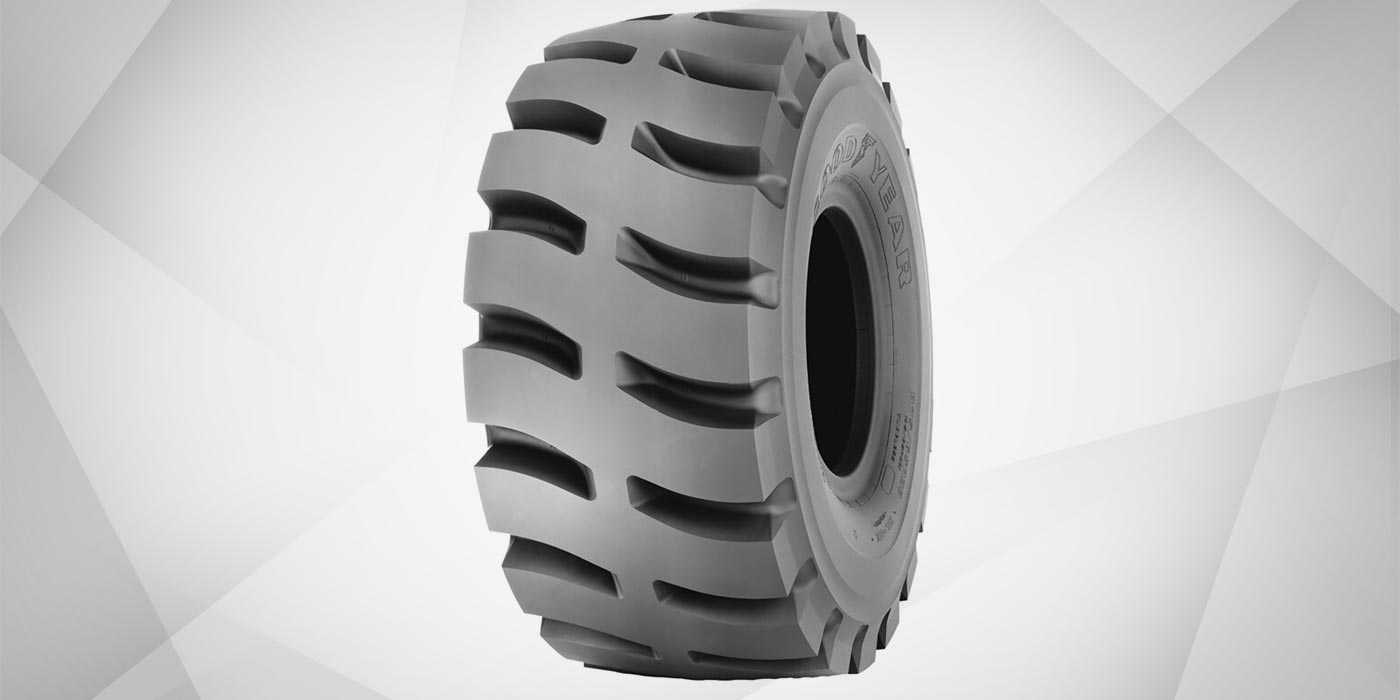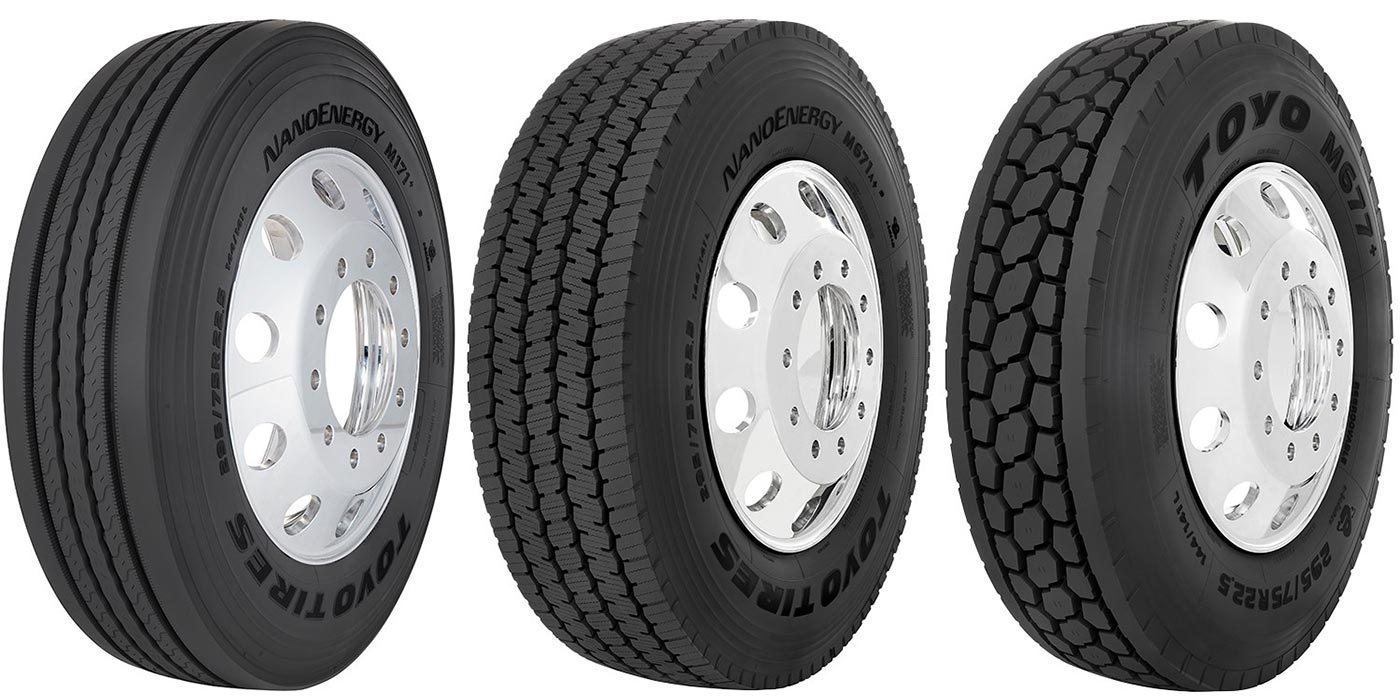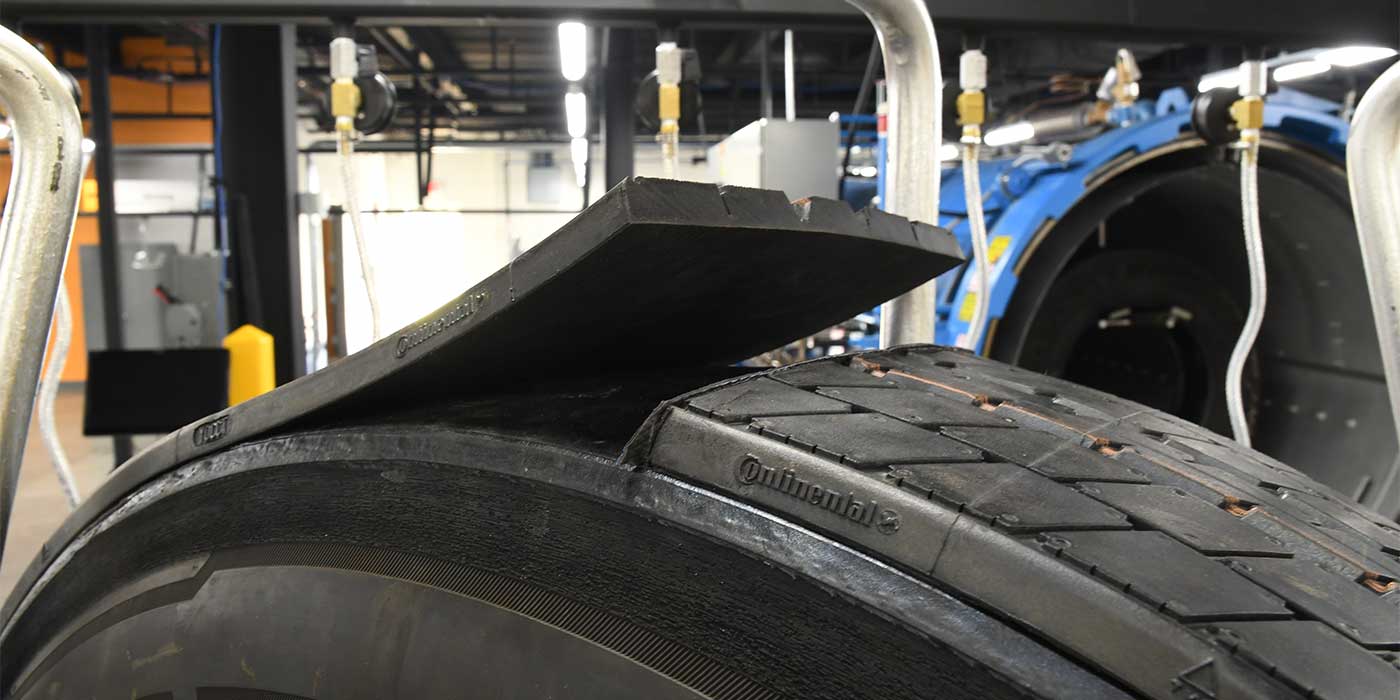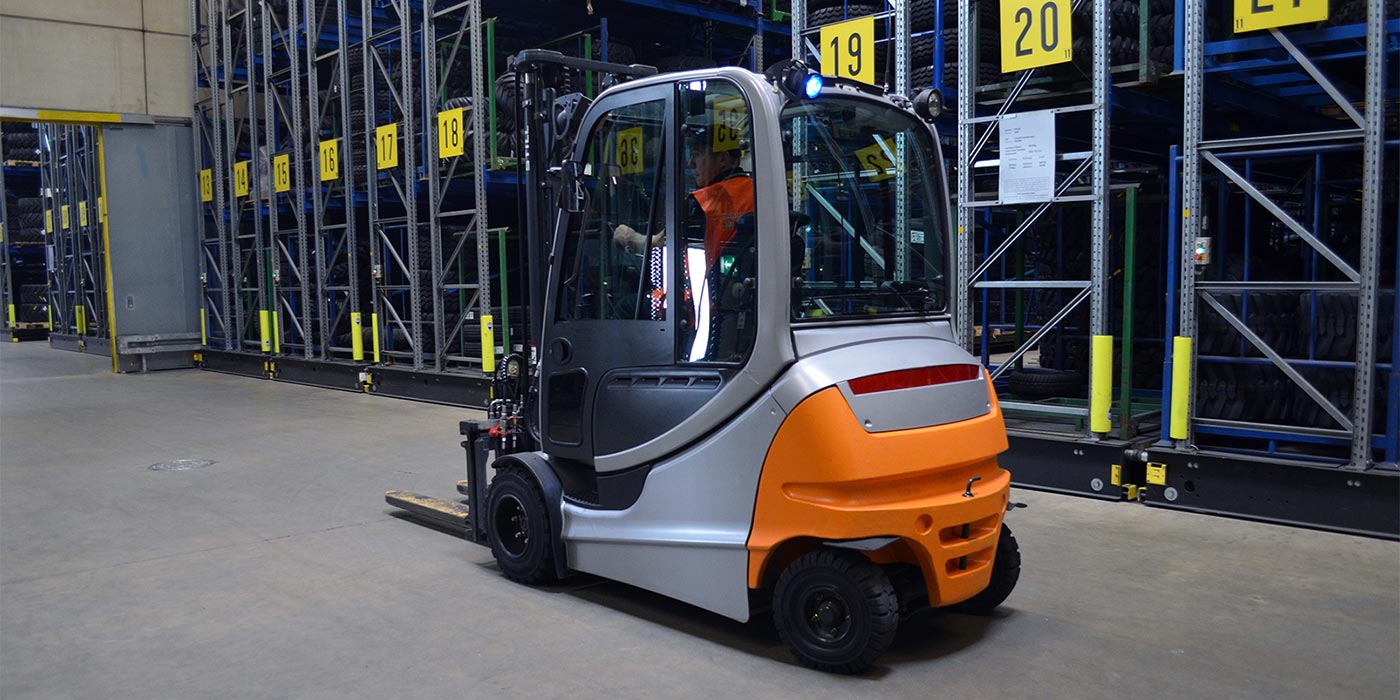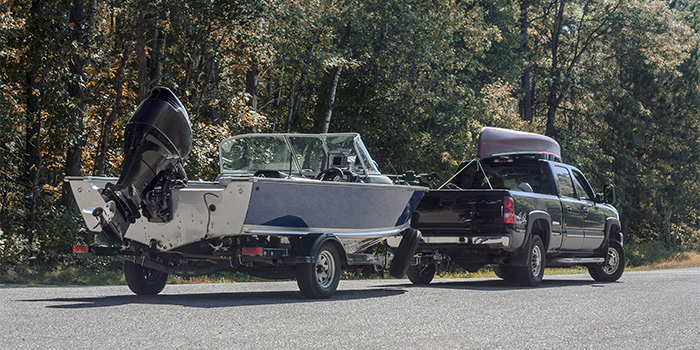 Whether its for work or play, people are hauling trailers behind their vehicles all across North America. Dealers looking to increase their profits shouldn’t overlook providing tires to this market.
Whether its for work or play, people are hauling trailers behind their vehicles all across North America. Dealers looking to increase their profits shouldn’t overlook providing tires to this market.
“The trailer tire market is big and getting bigger,” says Doug Addis, national sales manager at Maxxis International USA. “Unlike passenger and light truck tires a dealer can have good coverage by stocking less than six or seven sizes. Trailer tires offer unique opportunity for additional sales and profit.”
Lonnie Wells, vice president and general manager at Kenda USA, agrees. “The specialty tire industry is in an expansion mode,” he says. For dealers who sell ST tires the market “typically provides good margins and added business for their dealership.”
Margins for specialty tires vary between $28.47 – $30.86 a tire according to Tire Review’s recent TIRES study, with dealers selling 21.2 major, 40.9 associate and 40.0 private brand tires a month.
Tony Brown, ATD director of commercial products, notes despite a decline in trailer tire use in the agriculture industry, the specialty tire market has seen growth recently due to a construction rebound. He also expects the recreational segment to grow.
The long-term success, the next five years or so, of the segment is harder to predict. “This segment has experienced moderate to rapid growth for several years now; however, that could change if the overall U.S. economy slows,” Brown shares.
Meeting Customers’ Needs
Almost anyone could be a potential user of trailer tires. Uses range from recreational to business; horse and boat trailers to RVs and landscape and construction trailers. These consumers expect their tires to last through several years of service and perform to the rated limits on the tires sidewall.
“Tire dealers should sell trailer tires because a large percentage of their customers own trailers for their boats, personal watercraft, four wheelers, etc. These are the same customers that are having their cars and trucks serviced,” ATD’s Brown says.
To a customer specialty and trailer tires may appear the same as passenger tires so it’s the tire dealer’s job to educate them about the differences.
“The greatest need is to have a well-educated sales staff that can differentiate and define the differences between passenger tires and ST tires,” Brown says. “It is very important that the customer understands the differences as well as the need to monitor and maintain the tire.”
Specialty tires are designed spec-ifically for use on trailers and RVs, Maxxis’ Addis shares. They feature specific rubber compounds, treads and bead packages to withstand more abuse than passenger tires, he says. Additionally, trailer tires feature stiffer sidewalls to help control sway and can carry a greater load.
“Passenger and truck tires are designed for motor vehicle application with focus on traction, cornering, breaking, less road noise, fuel economy, etc.,” says Kenda’s Wells. “Trailer tires are designed to carry a specific load with stable sidewall construction, typically under higher operating pressures.”
The experts agree that to be successful in the specialty/trailer tire market, tire dealers should carry inventory.
“These tires are often needed quickly, so there is a need to have product on the shelf when the opportunity arises,” ATD’s Brown says. “It’s important to understand what the customer really needs and to have access to be able to offer premium, mid and economy options within this segment.”
Wells agrees. “Customers buy trailer tires when they need them and will go elsewhere if you don’t have it,” he says.
In addition to maintaining inventory, Wells advises tire dealers do their research.
“Dealers can’t stock every brand of trailer tires so it would be advantageous to carry one quality line of tires,” he says. “Investigate the suppliers, recognize the brand and the manufacturer, and have warranty information available when the customer is ready to make the purchase.”
Wells also suggests dealers carry wheel assemblies as well.
Addis notes it’s also important for dealers to let their customers know they carry trailer tires and to educate their staff.
“Dealers need to put some product on the shelf and then let consumers know they are in the trailer tire business,” he says. “They also need to educate their sales force and service personnel about trailer tires, including proper application, load/inflation and care and maintenance. If they do the basics they will have put themselves ahead of much of their competition.”
Depending on service application, specialty tires can last 5 to 6 years, Addis says. For optimum safety trailer tires should be replaced at 4/32 remaining tread depth, he says.
Popular specialty/trailer tire sizes are: ST175/80R15, ST205/75R15, ST205/75D15, ST225/75R15 and ST235/80R16.
Upcoming Trends
In coming years tiremakers predict trailer tires will need to meet higher load requirements.
“The trend seems to be bigger and heavier. Campers and trailers are getting larger which requires a larger tire or a heavier load range to support the added weight. We expect to see that trend continue for the next few years,” says Addis, of Maxxis.
Kenda’s Wells agrees and believes trailer tires could look more like passenger tires in years to come, too.
“We should anticipate tires designed to carry greater loads at higher speeds,” Wells says. “In keeping with the low profile look currently available with passenger car tires we may see a move to duplicate the look in ST tires.”
He also notes that many manufacturers are moving away from installing bias tires on OE products and installing radial tires.
Another possibility on the horizon is the influx of Chinese specialty and trailer tires into the market.
“With the recent additional tariffs on Chinese PCR and LT tires we see many new rubber companies trying to enter the trailer market which makes for a very competitive and price driven business,” Wells predicts.




